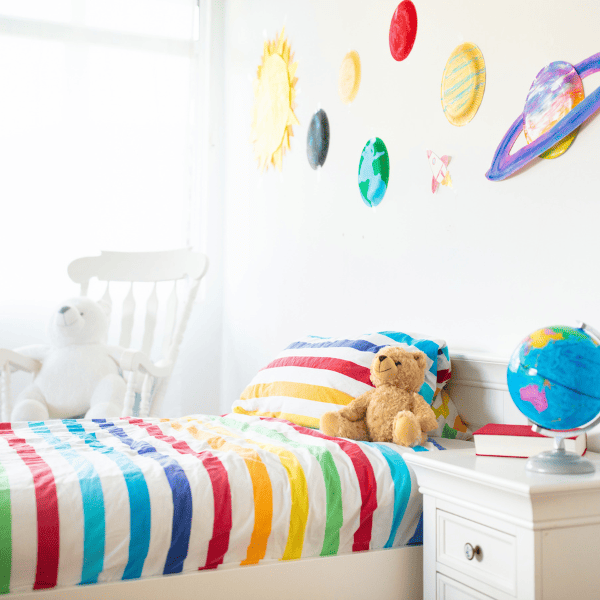At some point, many homeowners face a common dilemma: the space you live in no longer fits your needs. The question then arises – should you move to a new home or extend your existing living space? This decision is more than just a financial calculation; it involves considering your lifestyle, future plans, and the emotional ties you have with your current home.
Let’s delve into the pros and cons of each option to help you make an informed choice.

Moving to a New Home: A Fresh Start
Moving to a new house can be an exciting prospect. It offers the chance to find a home that better suits your current needs, whether it’s more bedrooms, a bigger garden, or a more desirable location. Here are some aspects to consider:
Location Change: Moving can mean closer proximity to work, better schools, or a more suitable neighbourhood.
Right-Sizing: Whether upsizing for a growing family or downsizing for simplicity, moving provides the opportunity to find the perfect-sized home.
Costs: Remember to factor in moving costs, stamp duty, and potential higher mortgage payments.
However, moving also means leaving behind a familiar environment, which can be a significant emotional adjustment.
Get Organised: A few weeks before you plan to move, it’s a good idea to sit down and prepare a list of things to do to try and ensure the move goes as smoothly and stress-free as possible. Safestore has plenty of suggestions to make your transition hassle-free, and they also provide personal storage if you need somewhere to keep your larger possessions until they’re needed.
Extending Your Current Home: Building on Memories
Extending your home, be it through a loft conversion, a conservatory, or a rear extension, allows you to customise your space to your exact needs while keeping the home you love. Consider these points:
Personalisation: Extensions offer the chance to design your space exactly how you want it.
Adding Value: A well-planned extension can increase your home’s market value.
Cost and Convenience: Building work can be disruptive and sometimes costly, but it often works out cheaper than moving.
The challenge with extending is ensuring the costs don’t outweigh the added value to your home, and navigating planning permissions can be tricky.
Lifestyle and Emotional Considerations
Your decision shouldn’t just be based on financials and space requirements. Think about your attachment to the area and your home. Are you keen on staying in the same community, or excited by the prospect of a new environment? For families, the impact of moving or renovating on your daily routines and your children’s schooling and friendships is also an important factor.
Future-Proofing Your Decision
Think long-term about your living requirements. Moving might seem like a hassle now, but it’s easier with this hiring movers made simple guide. If it’s likely you’ll need to move in a few years due to changing circumstances, it might be better to bite the bullet now. Similarly, if extending your home can offer you many more years of comfortable living, it could be the smarter choice.

Financial Implications
The financial aspect is unavoidable. Moving involves several costs – from estate agent fees to stamp duty. Extensions require a budget for building, potential planning permission, and unexpected costs that might arise. Balance these against potential long-term financial benefits like property value appreciation.
Summing Up: Moving vs. Expanding
Deciding whether to move or extend your home isn’t straightforward. It’s a blend of practical considerations, financial implications, and emotional factors.
It’s about assessing not only what you need from your home right now but also what you’ll need in the future. Take the time to weigh up the pros and cons, consider your personal circumstances, and perhaps seek advice from property experts.
Whether you decide to move to a new home or transform your current one, the aim is to create a living space that brings you happiness and suits your lifestyle for years to come.







